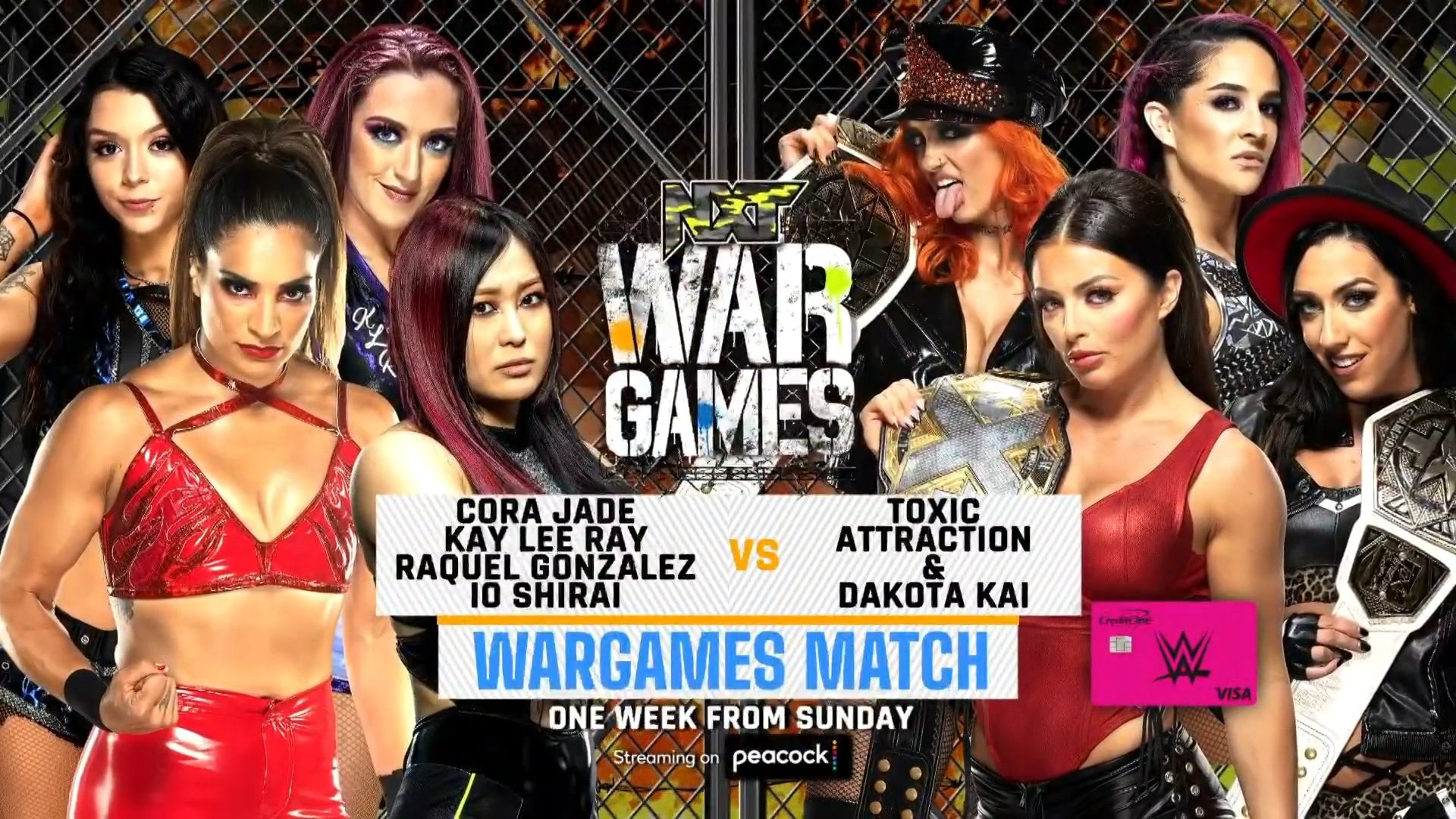Dave Meltzer’s star ratings, a staple for over 40 years, have become a benchmark for wrestling match quality, sparking both praise and controversy. They are a ubiquitous topic of conversation amongst wrestling fans, debated online, and even acknowledged by wrestlers and promoters. But what are these enigmatic ratings, and why do they hold such sway in the world of professional wrestling? This article delves into the history, significance, controversies, and impact of Meltzer’s ratings, offering a comprehensive understanding of this complex evaluation system.
Understanding the Star Ratings: How Do They Work?
The precise formula for a Meltzer star rating remains undisclosed, akin to a closely guarded trade secret. However, several factors likely contribute to his evaluations. Match storytelling, the narrative arc and emotional investment of a bout, probably plays a significant role. Technical execution, the precision and fluidity of wrestling maneuvers, almost certainly factors in. Crowd reaction, the energy and engagement of the audience, likely adds another dimension. Finally, innovation, the introduction of novel moves or storytelling elements, probably earns bonus points.
The ratings themselves run on a scale that can dip into negative territory for particularly poor matches, but typically range from zero to five stars, with the rare and exceptional match exceeding five. Generally, anything above four stars suggests a very good match. Five stars signify an exceptional performance, a match likely to be remembered long after the final bell. Six and seven stars are reserved for truly legendary encounters, matches that become enshrined in wrestling folklore.
A Historical Perspective: The Ratings Through Time
Meltzer’s star ratings originated in 1982, evolving into a historical record of great wrestling matches. The first five-star match was awarded in 1983. The inaugural five-star match was Ric Flair vs. Ricky Steamboat in 1989, a match still revered today. The highest rating ever bestowed, a remarkable seven stars, went to Kazuchika Okada vs. Kenny Omega at Dominion 6.9 in 2018, often cited in discussions of the greatest matches of all time. In 2023, a record 27 matches achieved a 5-star rating or higher, potentially suggesting a shift in wrestling performance or evaluation criteria.
Notable Ratings and Controversies: Examining Specific Cases
Throughout the years, Meltzer’s ratings have generated considerable discussion and occasional controversy. At WrestleMania 37 (2021), for instance, Meltzer awarded Drew McIntyre vs. Bobby Lashley 4.75 stars, Roman Reigns vs. Edge vs. Daniel Bryan 4.5 stars, and Sasha Banks vs. Bianca Belair 4.25 stars. These ratings generally reflected the positive reception of the matches. At AEW All In 2024, Sammy Guevara vs. MJF received a five-star rating, suggesting Meltzer considered it a truly special match. At WrestleDream 2024, Shingo Takagi vs. Kazuchika Okada earned 4.75 stars. Mercedes Mone vs. Britt Baker, notably, received a 2.5-star rating, the lowest-rated singles match of Mone’s career, highlighting the subjective nature of wrestling critiques. These examples illustrate the range and nuances of Meltzer’s system.
The Subjectivity Debate: One Person’s Opinion?
Meltzer’s ratings are inherently subjective, representing one individual’s perspective, albeit one informed by deep knowledge and experience. Critics contend that personal biases may influence his evaluations, while proponents defend his expertise and consistency. This debate underscores the inherent subjectivity in evaluating art forms like professional wrestling.
The Influence and Impact: Shaping the Wrestling Landscape
Despite the subjectivity, Meltzer’s ratings exert a considerable influence on the wrestling industry. They may impact booking decisions, wrestler performance, and fan expectations. A high rating can elevate a wrestler’s career, while a lower rating might lead to adjustments in character or storyline. Fans sometimes utilize the ratings as a guide for selecting matches to watch.
Finding the Ratings: Where to Look
Meltzer’s ratings are primarily published in the Wrestling Observer Newsletter (subscription required). Several online resources compile and discuss the ratings, including IWNerd.com, Inside The Ropes (ITR), Profightdb.com and Wikipedia, which features a list of all matches rated 5 stars or higher.
Beyond the Stars: Additional Considerations
Analyzing the likely criteria behind Meltzer’s ratings provides further insight. While not explicitly defined, he probably considers factors like work rate (technical skill), storytelling, crowd reaction, and innovation. The potential for “rating inflation” over time is another area of discussion. Comparing the frequency of high ratings across different eras of wrestling can shed light on this phenomenon.
| Potential Aspect of Match Quality | Meltzer’s Likely Consideration | Critic’s Possible Perspective |
|---|---|---|
| Work Rate (Technical Skill) | High emphasis; often a primary factor | May overshadow storytelling or emotional impact |
| Storytelling | Considered, but importance may vary | Could be undervalued compared to technical prowess |
| Crowd Reaction | Acknowledged, but not always decisive | Might be downplayed in favor of Meltzer’s personal preference |
| Innovation | Rewarded, particularly new moves or match structures | Can sometimes lead to prioritizing novelty over established norms |
Gunther’s 5-Star Accolades: A Record in WWE
Gunther (formerly WALTER) stands out with five 5-star rated matches, the most in WWE history. This achievement underscores his exceptional in-ring abilities and captivating performances.
Conclusion: A Valuable Perspective, Not the Definitive Word
Dave Meltzer’s star ratings offer a valuable, albeit subjective, lens through which to view wrestling match quality. They are a useful tool for understanding and appreciating the artistry and athleticism of professional wrestling. However, they are ultimately one person’s opinion. The beauty of wrestling, like any art form, lies in its subjective interpretation. Engage with the matches, form your own opinions, and participate in the ongoing discussion. You can check out the Dislyte Tier List to know more about each character’s capabilities. You can also find other useful information about the game in dc0774 021.










